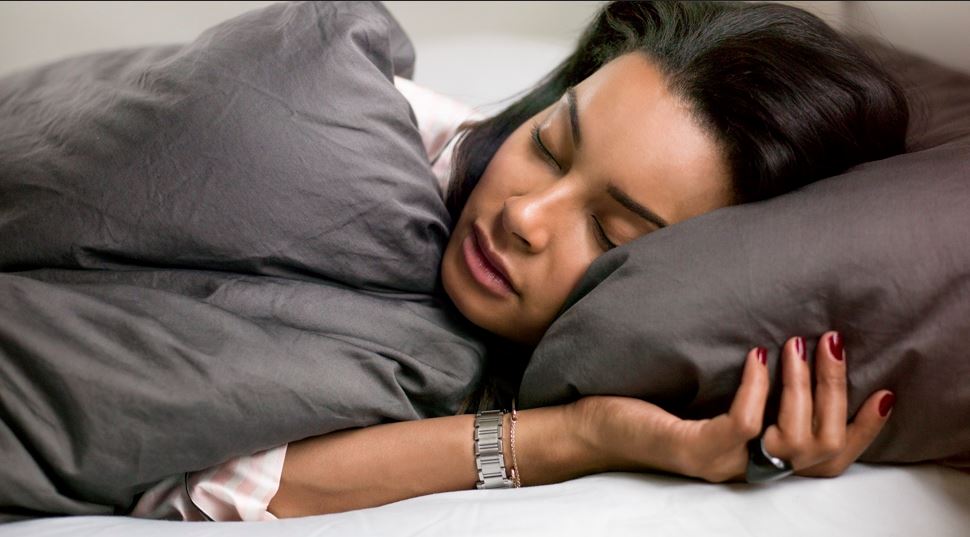4 Ways to Sleep Better at Night, How to Fall Asleep Fast: It’s normal for us to find it hard to fall asleep from time to time. But if you find yourself frequently tossing and turning under your rumpled bedsheet at night, you may be dealing with chronic sleep deprivation.
The bad news is sleep loss may have adverse effects on both your physical and mental health, even though you’re already used to having not enough sleep.
That’s why you should take the time to figure out what you can do to sleep better at night. Lucky for you, we’ve already rounded up 4 of the best tips on how to get better sleep. If you want to sleep better at night finally, keep on reading!
4 Tips to Get a Good Night’s Sleep
There are plenty of sleep tips that you would come across when you do your research. Some of those are nice-to-do’s, while others are just simply out of this world. With all the information out there, it can be challenging to determine which works and which doesn’t.
We did you a favor by highlighting only the best of the best sleeping tips that are backed by science and have been proven to be effective in helping you sleep better. Here they are:
1. Exercise Regularly

Your physical activity can have a significant effect on your sleeping habits. It has been discovered that people who exercise regularly sleep better at night and feel less sleepy during the daytime. Additionally, sticking to a regular exercise routine can improve sleep apnea and insomnia symptoms.
With that in mind, try to exercise for at least 10 minutes daily. You should also schedule your workouts early in the morning. If you don’t have time during the day, the latest you can exercise is 3 hours before your bedtime. However, you should only limit your exercises to low-impact ones like yoga or stretching if you plan to do it at night.
2. Adopt Healthy Eating Habits and Schedule

If you want to sleep better, you should make an effort to tweak your diet. Some of the adjustments you need to do are to minimize spicy, high-fat, and red meat consumption. The recommended intake for better sleep is a well-balanced diet with high fiber, and low added sugars.
You should also choose your midnight snacks and dinner meals carefully. Some of the best food types that promote proper sleep are fishes, nuts, yogurt, and poultry.
3. Pay Attention to What You Drink

In addition to what you eat, what you drink matters too. First and foremost, try to cut down on caffeine. If possible, avoid drinking caffeine-loaded drinks beyond lunchtime. It would be best if you also minimized your alcohol consumption as it can cause sleep disruption.
Instead, make sure that you hit the recommended water intake but avoid drinking too many liquids at night. Additionally, you can try drinking milk or sipping on chamomile tea or any type of drink that promotes relaxation.
4. Improve your Bedroom Environment

Now that we’ve addressed the internal factors that can affect your sleep, let’s now tweak the most important external sleep factor– your bedroom environment.
Your goal should be to make your room dark, cool, and quiet. You can make your room dark by dimming the lights or limiting the light sources, using thick curtains, or painting your room walls with dark colors.
Second, you can make your room cool by setting the thermostat to the optimal sleeping temperature. Lastly, you can limit noise by minimizing gadgets inside your bedroom or placing carpets on the floor. You can also try playing white noise to drown out other sounds that may distract you from falling asleep.
Conclusion
Yes, Sleep deprivation is common. However, that doesn’t mean that we shouldn’t do anything to solve our sleeping issues. Although it’s our least priority, sleep has a significant impact on your overall health.
If you want to take good care of your mind and body, you should make the necessary lifestyle changes to ensure that you can get the optimal number of sleep (7 to 8 hours). Getting enough sleep should be your primary goal, and you can achieve that by following the tips we’ve shared with you.






